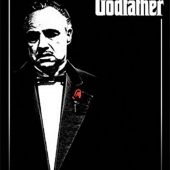
Jann Turner’s light-hearted comedy White Wedding opens in theaters today, carefully straddling the traditions and perceptions of old South Africa, against the realities of everyday life for its citizens today. It was refreshing to watch a film that portrays an alternative side to the culture – where a new generation desires to show the world that they too respect fashion, pop culture, love and humor. However, aside from a novel premise for a country with such a difficult past, White Wedding unfolds as an imitation of countless American comedies, while addressing the many issues that remain in a post-apartheid South Africa only superficially. This South African road movie does its best to inject enough love, friendship and honesty, to overcome these cliché moments, and for audiences looking purely for a feel-good movie, it may.
White Wedding centers on the beautiful Ayanda (Zandile Msutwana), who’s just days away from her lifelong dream: the perfect “white wedding.” Issues arise when her husband-to-be, the loyal and committed Elvis (Kenneth Nkosi), along with his womanizing childhood friend and best-man Tumi (Rapulana Seiphemo), attempt to drive cross-country, from Cape Town to Johannesburg, to pick up Ayanda’s grandmother, then return in time for the wedding ceremony. But the plans immediately begin to skew when Tumi doesn’t show up at the bus station on time. Things prove even more difficult, as greater obstacles arise, including a heart-broken British woman who just canceled her own wedding, a goat named George, and a pub they visit that still hangs the apartheid flag.
Meanwhile, the bride’s mother wants to invite their large family to the ceremony and stage a traditional cookout, which doesn’t fit into Ayanda’s desire for a sophisticated upscale South African event. This as she tries to figure out the intentions of her ex-boyfriend Tony (Mbulelo Grootboom) and his suspiciously lavish wedding gifts.
What I think is important about White Wedding – and possibly why South African submitted the movie as its official Academy Awards submission for 2009’s Best Foreign Language Film – is that it attempts to explore the incongruities of the embattled continent without being grim – how dirt roads bestride major highways and grandmothers speak Zulu to young kids after they’ve just gotten hammered at a local night club. It’s unfortunate that White Wedding tries so hard to wrap itself up so neatly, when it’s simply not possible to bring such a grand resolution to such profound issues.




















![Mel’s Drive-In Diner Orlando, Florida (2020) Photo [221110-7]](https://www.filmfetish.com/img/p/2022/11/221110-7-orlando-florida-11x85-web-170x170.jpg)
![Busty Model in Cowboy Hat – Version A [210523-0005]](https://www.filmfetish.com/img/p/2021/08/210523-0005-13x19-VR-A-web-170x170.jpg)
![DC Metro Trains Pulling into Station Photo Print [210803-0011]](https://www.filmfetish.com/img/p/2021/08/210803-0011-13x19-web-170x170.jpg)
![Original Cast of The Walking Dead Photo [221114-4]](https://www.filmfetish.com/img/p/2022/11/221114-4-11x85-web-170x170.jpg)







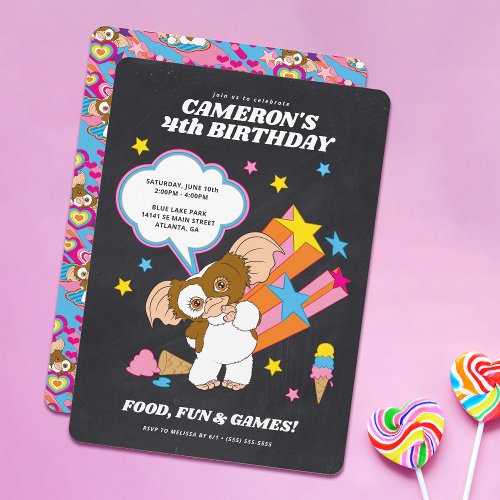
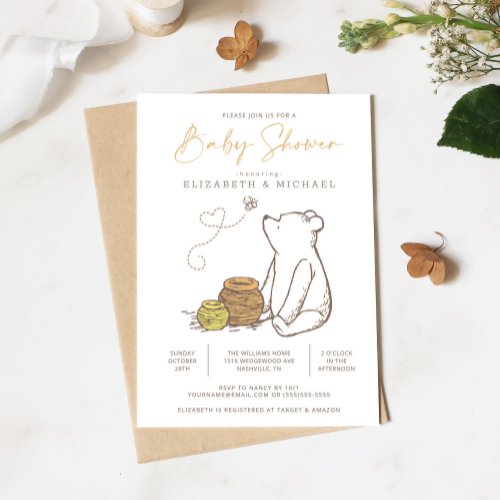
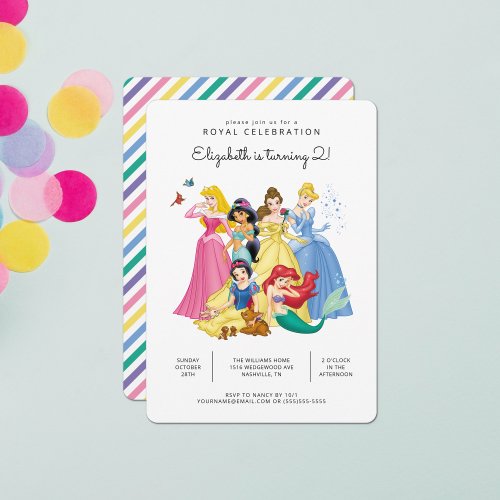
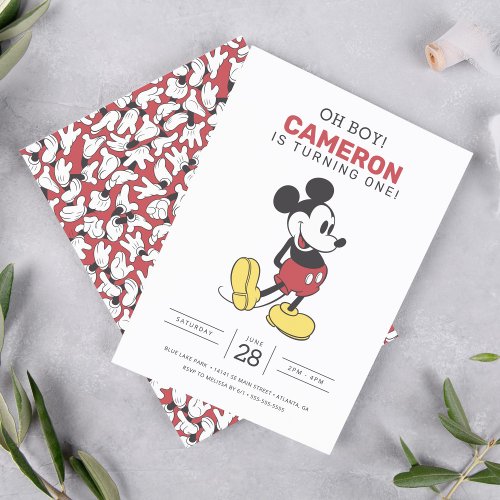
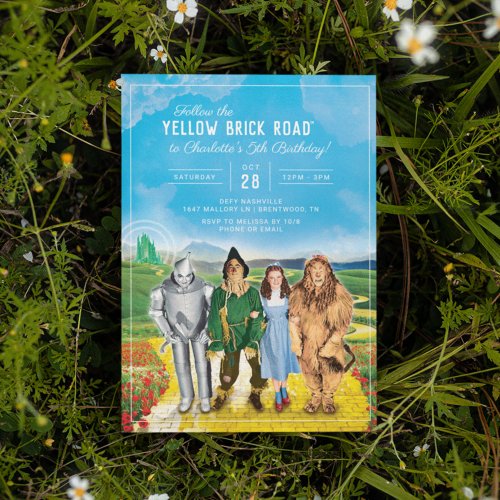
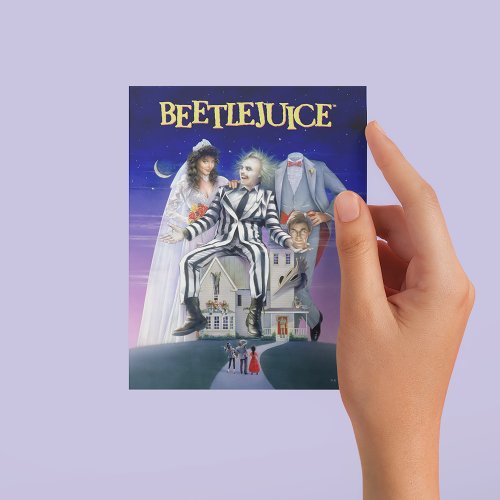


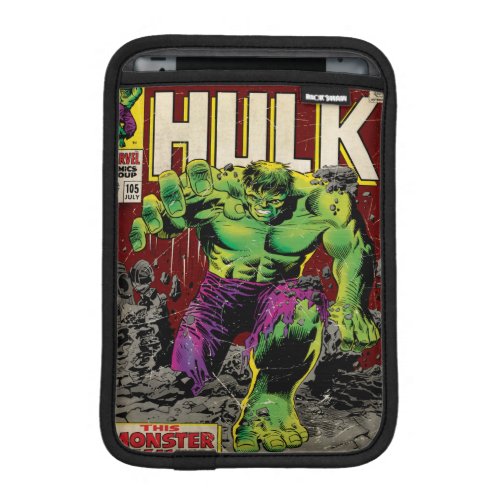
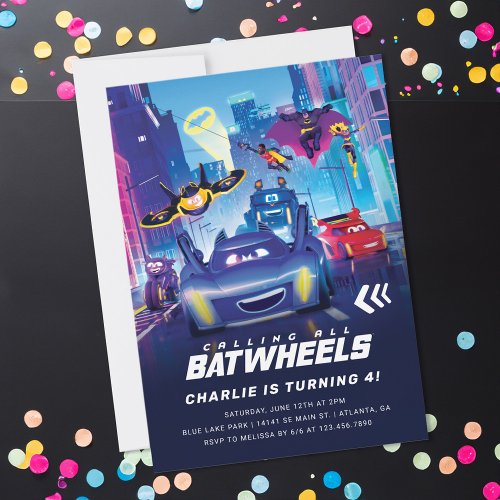


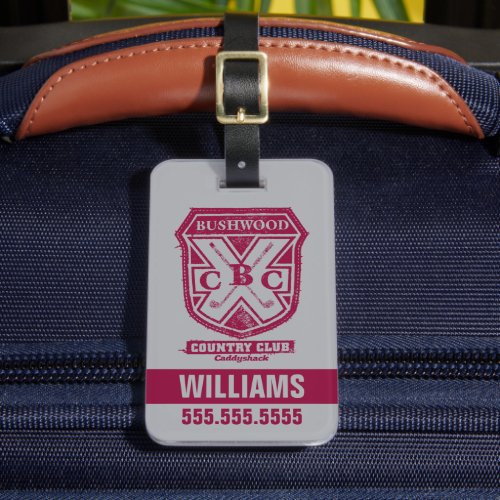


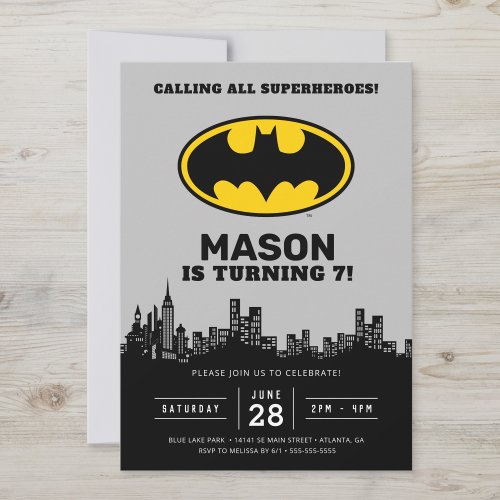
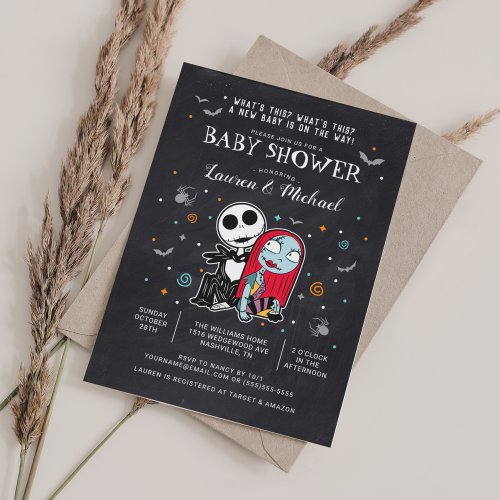

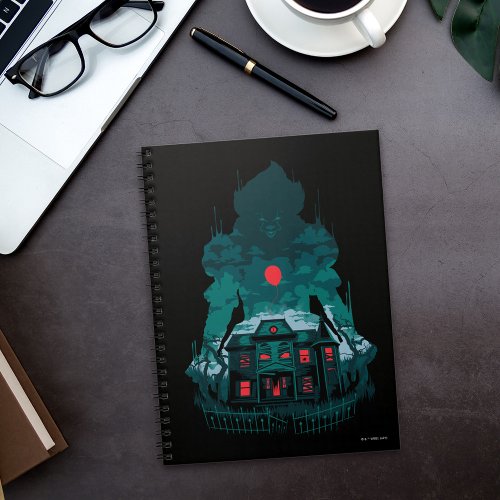
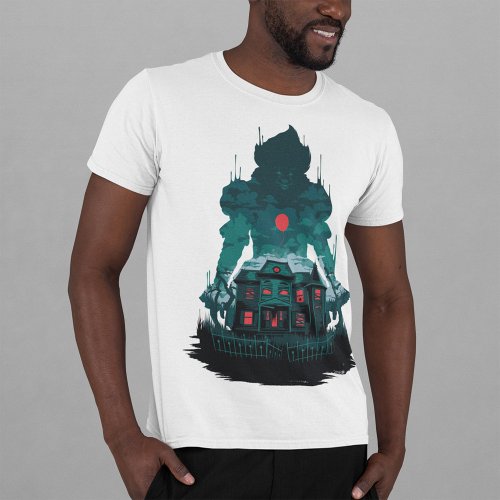
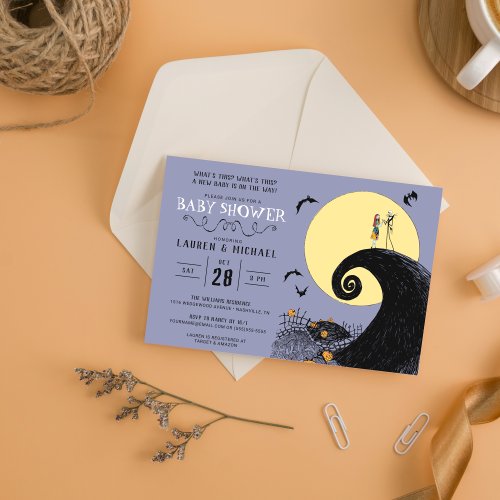
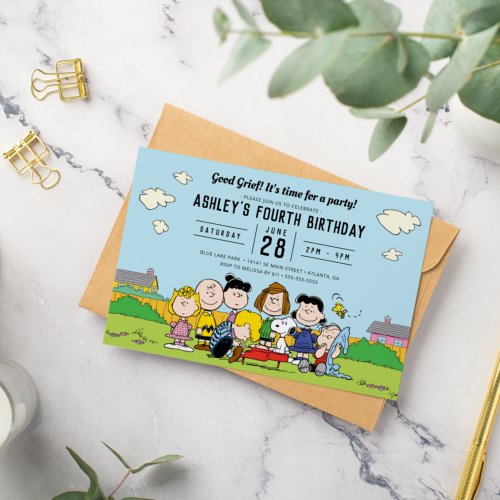


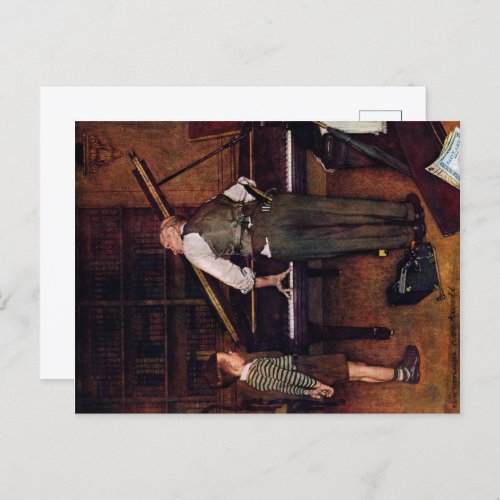

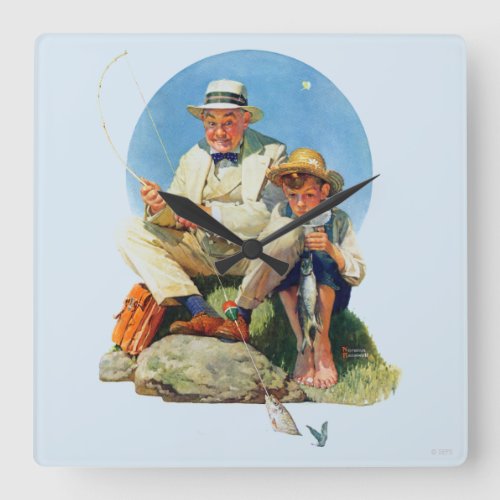
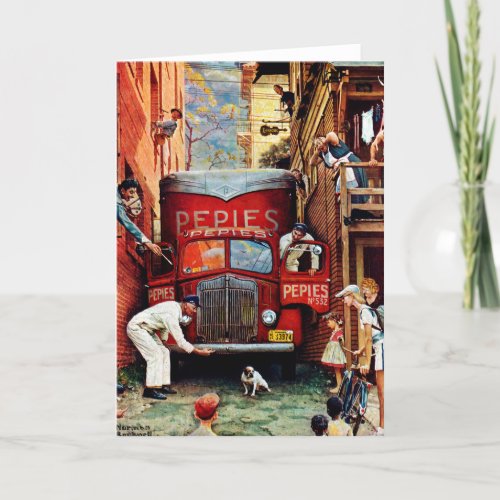


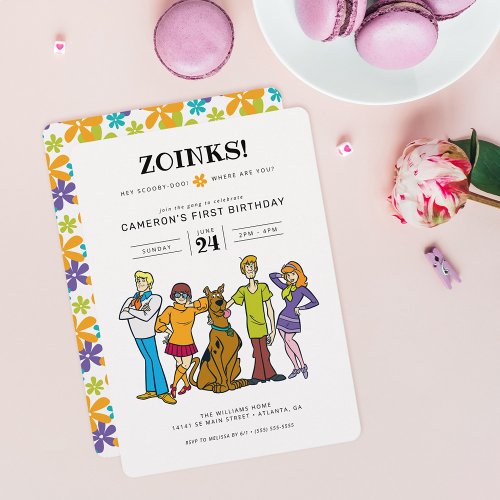

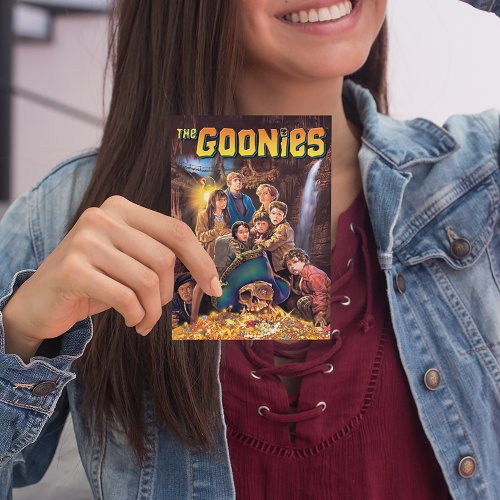
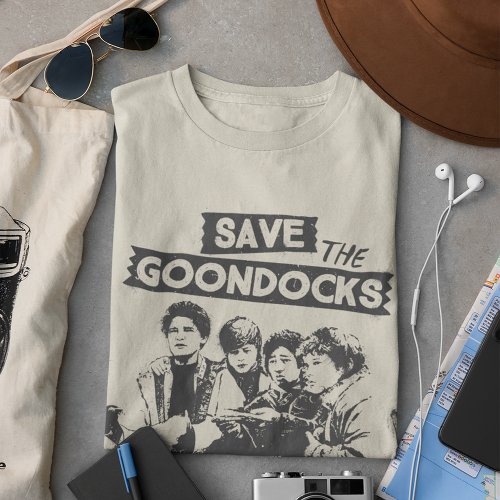


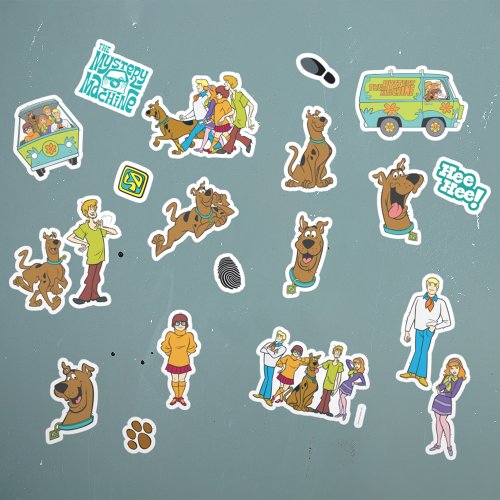
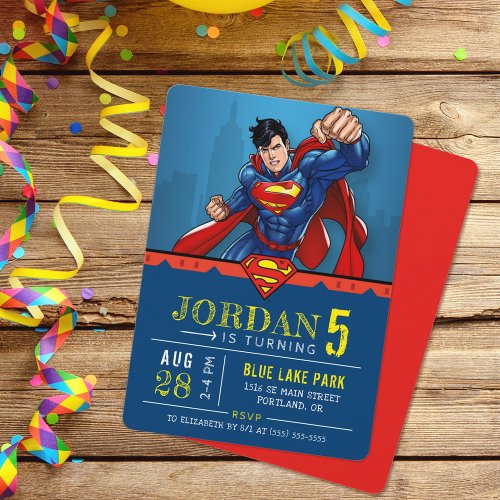


![Devotion (1946) Original Full-Page Magazine Advertisement, Ida Lupino, Olivia de Havilland [F51]](https://www.filmfetish.com/img/p/2022/11/movie-ad-f51-01-170x170.jpg)

![TV Guide Magazine Comic Con Special (2010) Smallville Tom Welling, Allison Mack, [D52]](https://www.filmfetish.com/img/p/2022/04/tv-guide-comiccon-d52-01-170x170.jpg)


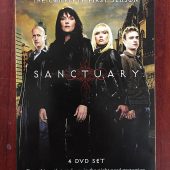
![Entertainment Weekly (Jan 23, 2015) Batman, Beetlejuice & Zombies, Ellar Coltrane in Boyhood [H62]](https://www.filmfetish.com/img/p/2021/04/entertainment-weekly-h62-01-170x170.jpg)

